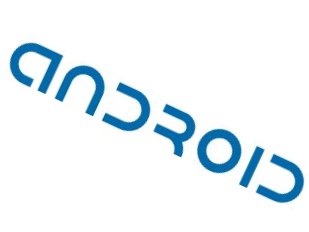HTC Dream vs iPhone 3G
Google's first Android handset goes to head to head with Apple

With only a few weeks before the US launch of the first Google Android handset, the HTC Dream, the techies over at Android Guys have rounded up the phone's (tentative) tech specs. We thought it might be fun to compare the Dream (aka the G1) with Apple's iPhone 3G. Here goes...
Build
You might see echoes of Nokia's classic 8110 'banana phone' in the Dream's angled 'chin', but we just see an uncomfortable pocket experience waiting to happen. The Dream is heavier (158g) and thicker (16mm) than the slimliine (12mm, 133g) iPhone, although it is slightly narrower. The Dream's 3.17-inch display will give only around 80% of the usable area of the 3.5-inch Apple screen for prodding and swiping, although they share a crisp 480x320-pixel resolution.
Chips and bits
Apple wins again, with a 835MHz processor against the Dream 528MHz, and at least 8GB of storage compared to the Dream's meagre 1GB SD card (although additional memory is dirt cheap). Both handsets have b/g flavours of wi-fi and Bluetooth, together with quad band GSM, 3G and HSDPA connectivity. The Dream will be able to send and receive MMS messages out of the box.
Extras
Despite Android's much-vaunted GPS compatibility, there's no GPS inside the Dream, just a lowly electronic compass. Media belongs to the Dream, though, starting with a 3MP camera that puts the iPhone's shocking 2MP snapper in its place. Both can play a wide selection of audio and video files, but the HTC just has the edge with OGG support and dedicated YouTube player.
Sign up for breaking news, reviews, opinion, top tech deals, and more.
Software
As you might expect, the Dream comes loaded with Google goodies, such as GoogleTalk and Streetview. It remains to be seen whether Google can do a better job of mobile synching with Gmail and Calendar features than Apple did with MobileMe. And only time will tell whether the Android Marketplace can compete with the App Store for third party applications. All will be revealed on (probably) September 17, when the Dream goes on sale for (possibly) $199.
Mark Harris is Senior Research Director at Gartner.